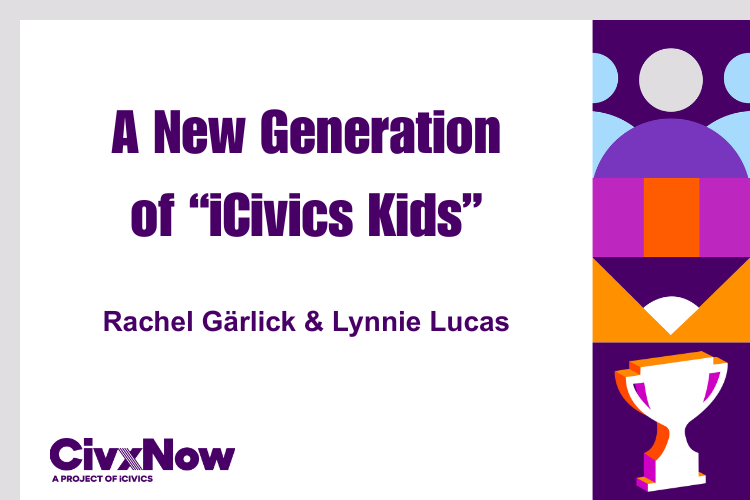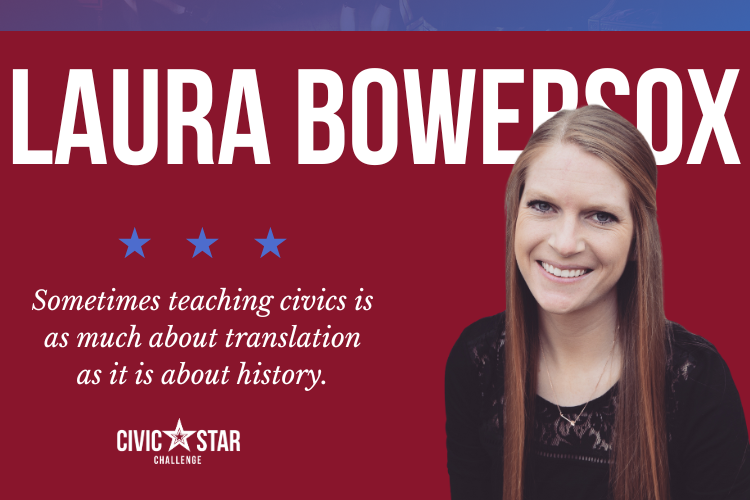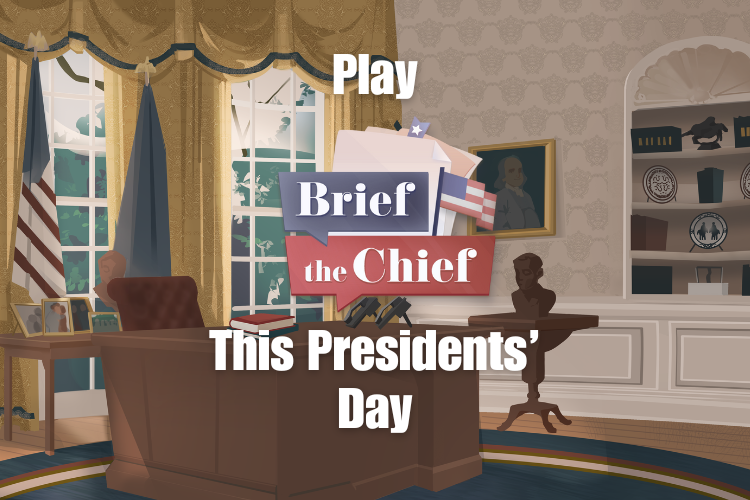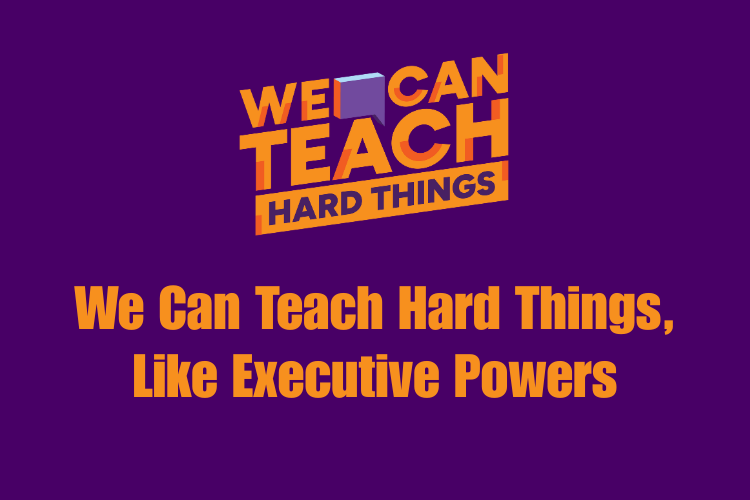This guest blog post was written by Rachel Gärlick and Lynnie Lucas, close friends and young attorneys who, inspired by their own civic education, are now advocating for more and better civic education for school-age Americans.
We met on the first day of law school and quickly bonded over a shared goal: harnessing the legal system to expand access to education. In our second year, we channeled that passion into researching civic engagement among American youth and the state of civic education in the United States through the lens of education law and policy. Our work culminated in the publication of our article, Civics Education: The Unsung Guardian of Democracy, by the Charleston Law Review earlier this year. In it, we argue that a strong, enduring constitutional democracy requires engaged citizens of all ages, and the key to that engagement among young Americans is robust civic education.
Simply put, it is impossible to understand the implications of modern legislation or jurisprudence, or the importance of civic engagement (especially voting), without a baseline understanding of how the democratic system works. And yet, students across the United States do not receive adequate civic education in school. Our research shows that while STEM subjects have been prioritized in recent years, civics has been sidelined. This is not only evidenced by education standards but also by the vast disparity in funding across the two disciplines. Accordingly, students are left without the tools they need to understand government, legislation, or their role as voters—the very knowledge required of them to maintain our democratic republic.
There is ample evidence that young voters are not receiving the tools they need to meaningfully participate in our democratic system. A 2024 survey by America’s Promise Alliance found that nearly “one quarter of young people (24%) did not learn about or discuss civics at all during the past school year. . . . About one in 10 young people (13%) have not had any coursework focused on civics, politics, and democracy at any point while in school or college.” It is no surprise, then, that young Americans reported they are “regularly asked to weigh in on politics, but they feel uninformed—and these feelings of being uninformed often lead to sitting out.” Notably, 91% of young Americans surveyed agreed that “[e]veryone should have access to opportunities to learn about democracy and civics,” and 83% agreed that “[c]lasses on civics and government should be a requirement for high school graduation.”
In other words, young people are asking for civic education; the adults are failing to provide it.
We propose a number of solutions in our article, but we also highlight the important work that is already being done—that’s where iCivics comes in. Those fortunate enough to have access to iCivics early on (we lovingly refer to them as “iCivics Kids”) are building foundational knowledge that will allow them to be strong civic leaders. An “iCivics Kid” is passionate about respectful political debate, intentional in researching and understanding news sources before sharing content online, and excited to keep learning about our democracy and how we can improve it in the future. We could share additional healthy democratic dispositions that iCivics cultivates, but you get the point: iCivics is what our young people deserve and what our form of government demands.
Our personal journeys illustrate both sides of the civics gap.
Lynnie became an “iCivics Kid” in elementary school—she won the White House, got in “argument wars,” and briefed the chief. Lynnie credits her early experience with iCivics with providing the foundational skills she needed to be an informed and engaged citizen. In contrast, Rachel’s civic education was inadequate at best, and nearly non-existent at worst. When she started studying for the AP Government exam, she realized just how large the gap in her civic education was—she might have been able to explain checks and balances, but she couldn’t articulate why they were important.
Lynnie’s passion for democracy and civic education is rooted in her belief that all students should graduate with the same strong foundational understanding she did, while Rachel’s is rooted in her belief that no student should graduate confused about what Congress actually does and unsure whether her vote matters as she did.
While our paths to becoming civic education advocates differ, we share the core belief that it is vital, undervalued, and essential to safeguarding democracy. We believe in the importance of cultivating a new generation of “iCivics Kids.” We are incredibly grateful and honored to partner with iCivics and CivxNow and support their efforts to improve access to high-quality civic education.
After becoming licensed attorneys, we both sought legal careers that allow us to advocate for children and families. Lynnie is an attorney in Denver, Colorado, practicing education and youth rights law. She stands up for kids on the school-to-prison pipeline, steering them away from the criminal legal system by helping them obtain the educational resources they need. Rachel is a family law attorney in Denver, Colorado, focused on championing parents and their children as they navigate the domestic relations legal system.
But we both understand that the role of citizen belongs to all of us, regardless of our profession. Whether future “iCivics Kids” pursue law, medicine, business, tech, the trades, or any of the other meaningful career options before them, every one of them will have the job—the duty—to actively engage in our constitutional democracy.
Written by Rachel Gärlick and Lynnie Lucas
Rachel Gärlick is a family law attorney focused on advocating for parents and their children as they navigate the domestic relations legal system. Rachel co-authored the article Civics Education: The Unsung Guardian of Democracy, which was published in the Charleston Law Review earlier this year, with her dear friend and colleague Lynnie Lucas. Rachel believes that education is not only a cornerstone of democracy but also a pathway to justice and empowerment and is dedicated to advancing access to education for all students. Rachel lives and practices law in Denver, Colorado.
Lynnie Lucas is an education and youth rights attorney providing legal services targeted to slow the school-to-prison pipeline. Through discipline, special education, truancy, and other school-based defense, she works to keep kids in classrooms and out of the criminal legal system. Lynnie is passionate about civic engagement and learning. She co-authored an article about access to civics education, which was published in the Charleston Law Review this spring. She is in active pursuit of education equity every day, and she hopes to encourage school districts and school boards to break barriers and come up with creative solutions for students of all backgrounds. Lynnie lives and practices law in Denver, Colorado.




